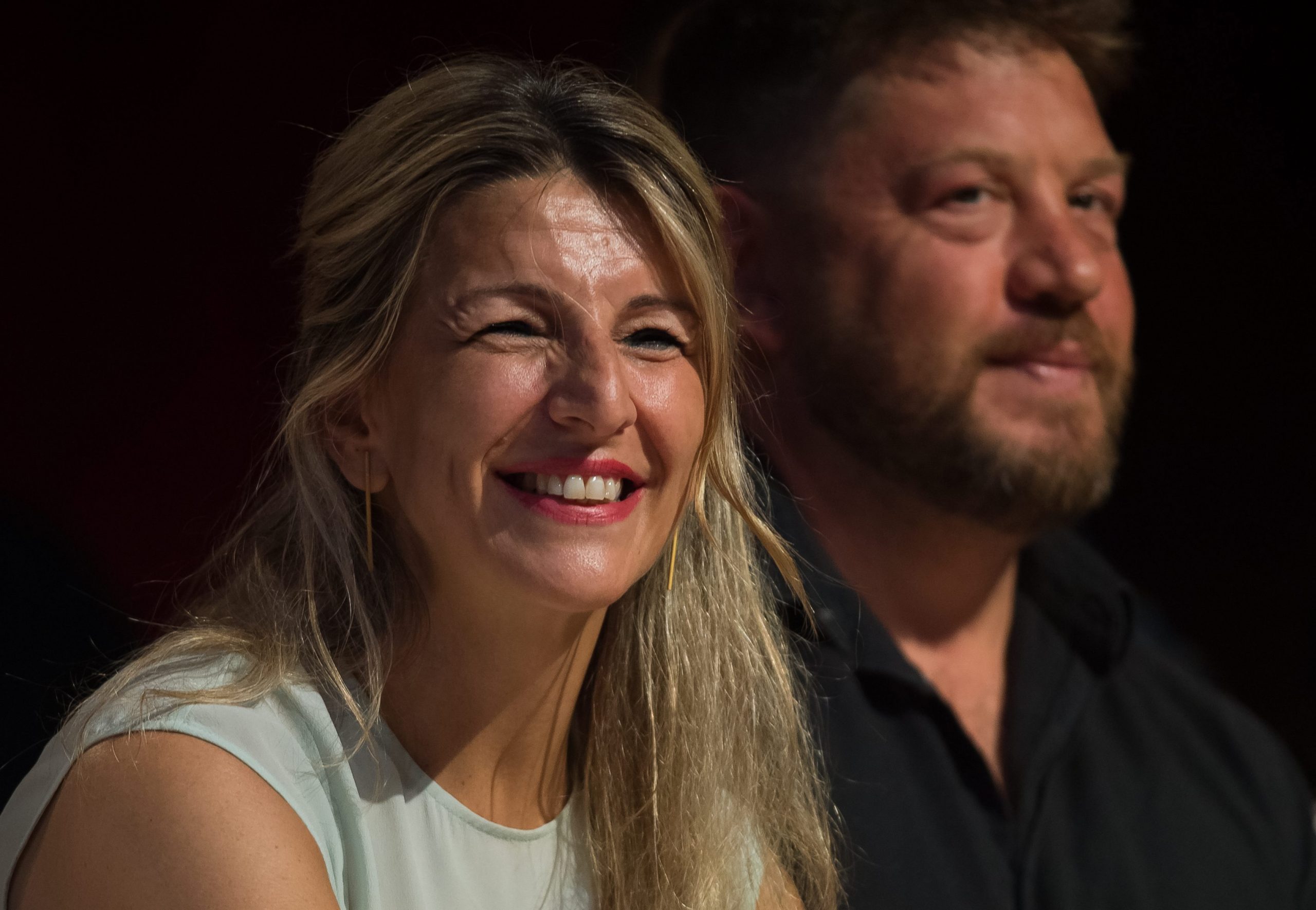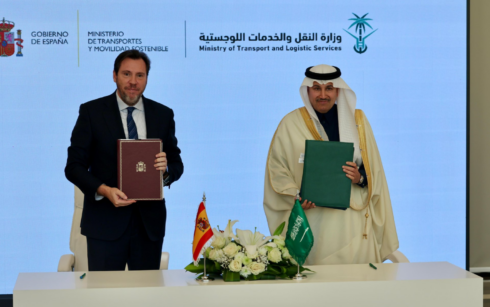SPAIN’S deputy prime minister and labour minister, Yolanda Diaz, has proposed lowering the country’s work week from 40 to 37.5 hours a week in 2024 and then progressively reducing it until it is as low as 32 hours.
The communist politician called the measure ‘revolutionary’ because ‘time is the most valuable thing’ for workers who do not have ‘grand properties nor important surnames’, in comments reported by Spanish television channel Antena 3.
“There will be people who say that you cannot reduce the working week without cutting salaries, that this is impossible,” she added, arguing that working hours can be reduced “provided that productivity is improved”.
The proposal is not the first time that the Spanish government has suggested a cut to employees’ hours. A pilot project was put in place last year to trial a four-day working week.
Diaz is the leader of a new alliance called Sumar (Unite), which in recent weeks has incorporated a number of left-wing parties including Podemos (We Can), which is currently part of the Socialist-led coalition government.
Izquierda Unida (United Left), which is Spain’s communist party, has also signed up to Sumar ahead of the snap general election that will be held on July 23, as have a series of green groups.
The polls were called by surprise in the wake of the May 28 local and general elections, which saw leftist parties such as the Socialists and Podemos suffer to the benefit of the conservative Popular Party and far-right Vox.
Prime Minister Pedro Sanchez of the Socialist Party said he called the polls so that the Spanish people could decide who they wanted to lead them, but among the various effects that a snap election have had is to force leftist groups to make a decision as to whether or not to join Sumar.
Polling suggests that the new alliance will fare better at the elections with parties such as Podemos inside than if the left were to run separately. Yolanda Diaz will be one of the candidates for prime minister when the July 23 summer elections are held.
Read more:
- Spain’s Popular Party distances itself from Vox ad throwing feminism and the LGBTQ+ flag in the bin
- As general elections approach, conservative Popular Party struggles with uneasy bedfellow Vox
- Spain’s shift to the right consolidated as local councils are formed across the country
Click here to read more Politics News from The Olive Press.








